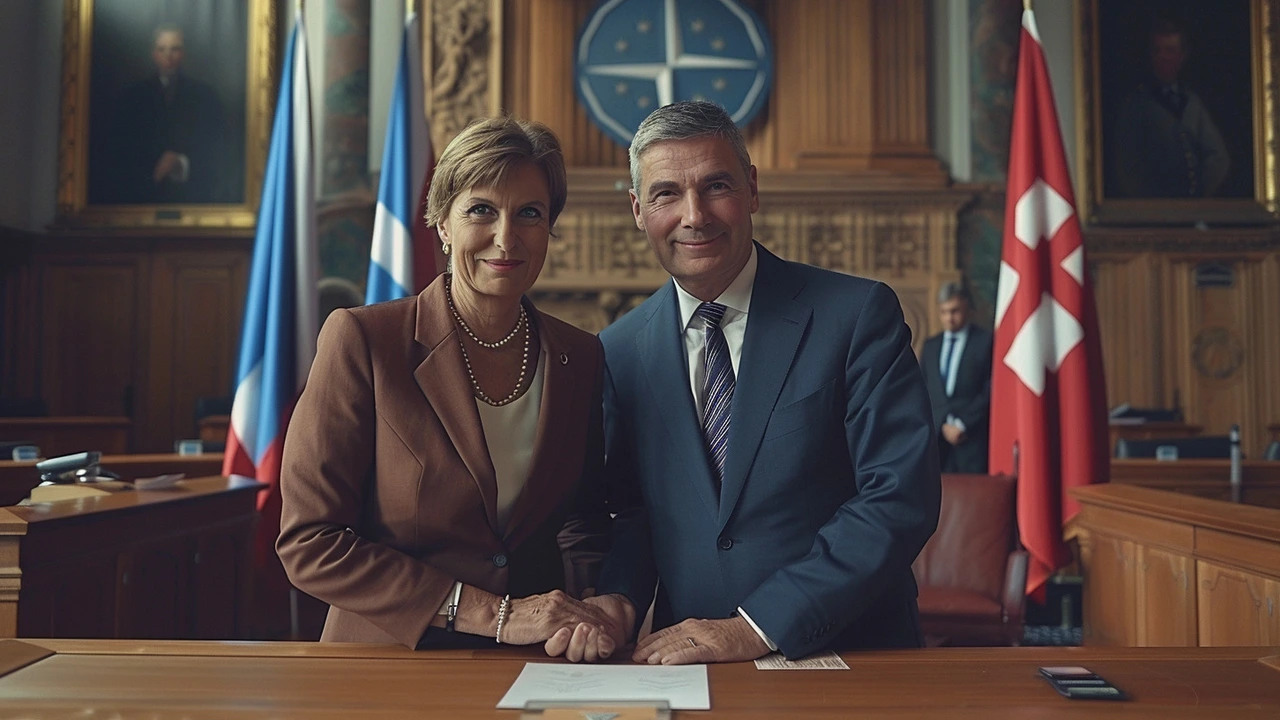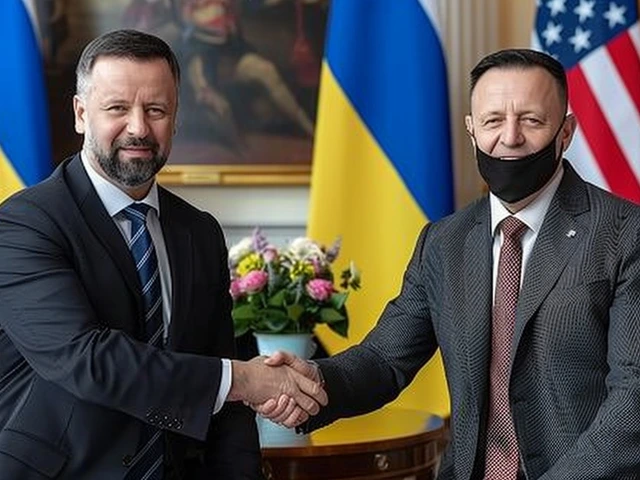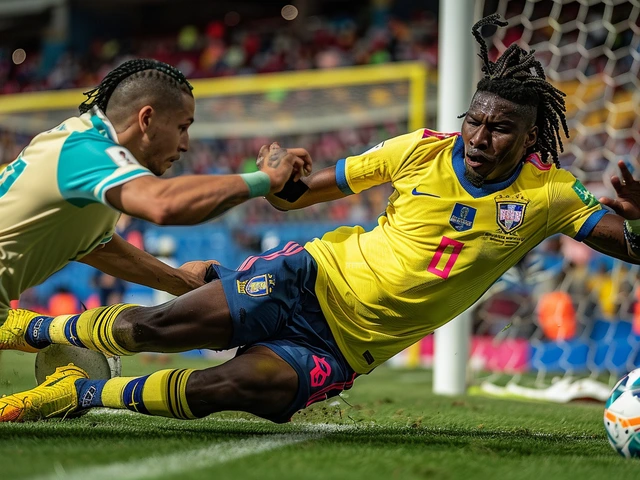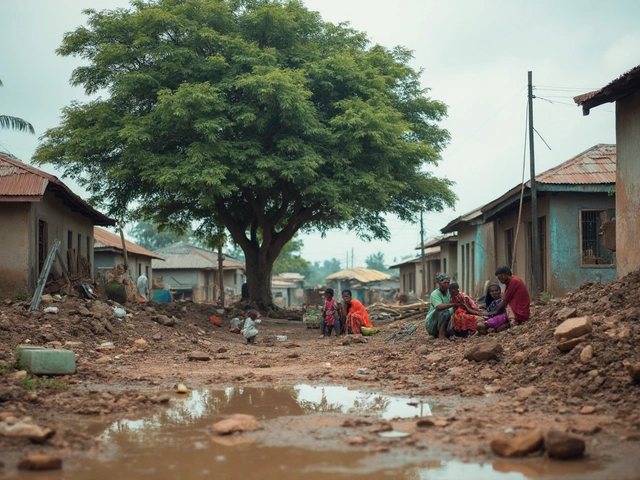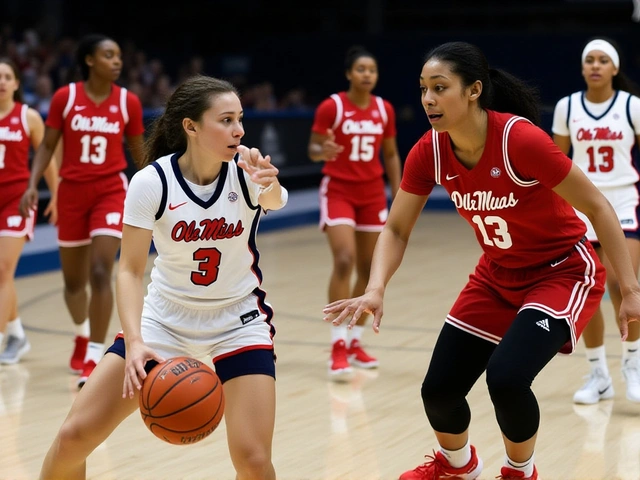NATO Secretary General Meets Latvian Foreign Minister to Discuss Ukraine Support and Preparations for Upcoming Summit
On the morning of May 23, 2024, NATO Secretary General Jens Stoltenberg warmly welcomed Latvian Foreign Minister Baiba Braže at the NATO Headquarters. This meeting was a crucial moment for both leaders as they discussed key themes revolving around increased support for Ukraine and the preparatory steps required for the anticipated Washington Summit. The significance of this event can hardly be overstated, considering the ongoing geopolitical tensions and the pivotal role of NATO in maintaining global stability.
Secretary General Stoltenberg did not miss the opportunity to congratulate Latvia on the momentous occasion of its 20th anniversary since joining NATO. This milestone marks two decades of Latvia's unwavering commitment to the alliance's collective defense and security objectives. Stoltenberg commended Latvia's pledge to elevate its defense spending to 3% of its GDP by the year 2027, reflecting the country's dedication to strengthening its military capabilities amidst evolving threats.
The meeting delved into Latvia's significant contributions to NATO. Whether it's through deploying troops to conflict zones like Kosovo and Iraq or hosting essential NATO structures, Latvia has proven to be an indispensable member of the alliance. Of particular note is Latvia's role in hosting a multinational battlegroup and the NATO Strategic Communications Centre of Excellence, which play crucial parts in coordinating NATO's response and strategic initiatives. Minister Braže's presence indicates Latvia's ongoing commitment to these roles, ensuring that the alliance remains effective and responsive.
Ukraine at the Forefront
One of the central topics of discussion was the ongoing situation in Ukraine. Latvia has been a staunch supporter of Ukraine, reflecting its stance through various actions and diplomatic endeavors. During their meeting, Stoltenberg and Braže examined strategies to bolster Ukraine's defenses and their resilience against persistent aggression. Stoltenberg voiced his expectations for significant strides to be made by the Allied leaders in the forthcoming Washington Summit regarding long-term support for Ukraine. The approach is multi-faceted, involving not only military aid but also economic and infrastructural support to ensure Ukraine's stability and sovereignty.
The dialogue between Stoltenberg and Braže underscored the necessity of strengthening NATO’s deterrence and defense posture. As threats evolve, so must NATO's strategies and tools. The Washington Summit is set to be a platform where comprehensive plans can be laid out for enhanced cooperative defense measures. This is particularly critical as NATO looks to expand its alliances and cooperative efforts beyond the traditional North Atlantic and European realms, eyeing partnerships in the Indo-Pacific region to address global security concerns.
Historic Collaboration
The cordial nature of the meeting was further cemented by the pre-existing professional relationship between Stoltenberg and Braže. Before her tenure as Foreign Minister, Braže served as the Assistant Secretary General for Public Diplomacy at NATO from 2020 to 2023. This prior experience facilitated a stronger, more productive dialogue, rooted in mutual respect and an understanding of each other's capabilities and objectives.
The journey of Latvia within NATO has been marked by continuous efforts to align with the alliance's core values of collective defense and shared responsibility. From participating in various missions to integrating advanced defense systems, Latvia has proven its commitment to the alliance. This dedication is reciprocated as NATO acknowledges and supports Latvia's strategic moves and initiatives, ensuring that the alliance remains robust and dynamic.
Looking Ahead to the Washington Summit
As the world watches, the Washington Summit is poised to be a defining moment for NATO and its member states. The summit will address not only immediate concerns related to Ukraine but also lay the foundation for long-term strategic shifts necessary to counter a rapidly changing global security landscape. Discussions will likely cover a range of areas from cyber defense to missile defense systems, and cooperative measures in regions like the Indo-Pacific will be pivotal.
Latvia's contributions to the summit discussions are expected to be substantial. Their earned experience from past deployments and initiatives offers valuable insights that can guide NATO’s future courses of action. The bilateral discussions between Stoltenberg and Braže set the stage for what promises to be a Summit focused not only on defense but on a broader spectrum of international cooperation and security.
The forthcoming period leading up to the Washington Summit will see intensified diplomatic activities and strategic planning. Each member state, including Latvia, will play an essential role in shaping the outcomes of this summit. As NATO fortifies its commitments and strategies, the focus on mutual cooperation and innovative defense mechanisms will be paramount.
A Glimpse into the Future
This meeting between Secretary General Stoltenberg and Minister Braže is a testament to the evolving dynamics within NATO, demonstrating the importance of unity and proactive engagement in addressing contemporary security challenges. As the world grapples with new and persistent threats, the importance of a cohesive and responsive NATO cannot be overstated. The dialogue and outcomes of such meetings not only prepare for imminent events like the Washington Summit but also pave the way for a resilient defense framework for future generations.
In summary, the meeting between Stoltenberg and Braže underscored NATO's unwavering commitment to supporting Ukraine, celebrated Latvia's significant milestones and contributions, and set the preparatory stage for a pivotal summit in Washington. The future of NATO appears to be geared towards enhanced cooperation, strategic foresight, and robust defense strategies, all aimed at safeguarding peace and stability in a complex global landscape.

